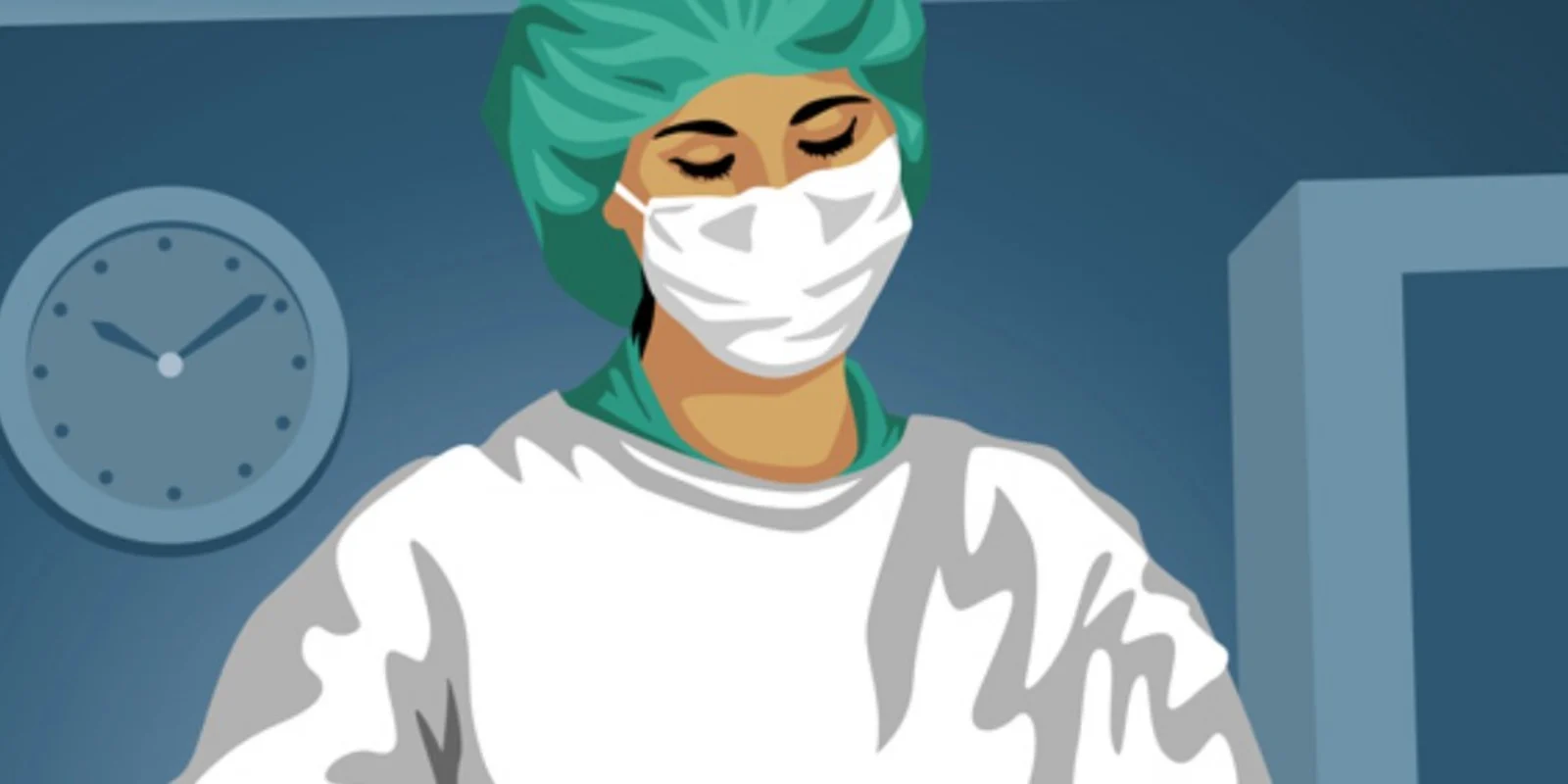
I recently attended the American Association for Thoracic Surgery (AATS) 98h Annual Meeting in San Diego as a Member for a Day scholarship recipient. Having had a longstanding interest in Cardiothoracic Surgery, I was thrilled to attend the field’s premiere academic meeting. Having only finished my second year of medical school, I was also prepared to feel grossly under-qualified and a little out of place. However, for the reasons described below, I left the AATS annual meeting with rejuvenated motivation to pursue a career in Cardiothoracic Surgery and a profound respect for the profession.
Theme 1: The AATS Values the Past, Present, and Future of Cardiothoracic Surgery
The AATS annual meeting simultaneously pays homage to the past, educates the present, and invests in the future of Cardiothoracic Surgery. Few, if any other meetings can tackle such a broad scope. The AATS is known to be made up of the heavy hitters of academia, and the program’s star-studded lineup did not disappoint.
The first session I attended was a lunch talk with Dr. Bruce Reitz, the brilliant, soft-spoken heart-lung transplant pioneer who truly embodies the principle of “gentle handling” emphasized by Dr. Duke Cameron’s presidential address. In awe of Dr. Reitz’s prolific contributions, I couldn’t help but feel intimidated sitting in a sea of accomplished surgeons, and yet I was even more motivated to belong in that company.
However, the AATS isn’t solely focused on celebrating the history of the field. To educate the current surgical community, the AATS offered courses on the best practices for all disciplines of Cardiothoracic Surgery. At the Cardiothoracic Transplant and Mechanical Circulatory Support course, the leaders of lung transplant from the University of Toronto presented their protocols for intraoperative support and Ex Vivo lung perfusion. People attend this meeting to learn from the best, and the AATS delivered.
Moreover, the AATS is also dedicated to investing in the future of Cardiothoracic Surgery. Medical students and residents received invaluable guidance through the Member for a Day program and this year’s inaugural Cardiothoracic Careers College. By meeting with my appointed conference mentor, Dr. Sloane Guy, I received individual attention regarding my residency prospects and learned about the future of robotics and innovation in the field. These types of educational and networking opportunities are simply unparalleled for students interested in Cardiothoracic Surgery. Ultimately, the Member for a Day program enabled the other students and I to envision ourselves succeeding in the same field shaped by the legends like Dr. Reitz.
Theme 2: Women are Welcome and Wanted in this Field
One of the major take home messages of the meeting was that diversity in Cardiothoracic Surgery benefits both the surgeons and their patients. Illustrating this enthusiasm for diversity, the Women in Thoracic Surgery (WTS) reception was packed (and perhaps in slight violation of the fire code). Men and women of all levels of experience, from medical students to department chairs, gathered to network and support women in a traditionally male-dominated field. The incoming AATS leadership pledged the society’s unwavering support for recruiting more women into CT surgery. President-Elect Dr. David Adams emphasized that women are not just welcome but very much wanted in this field. Secretary Dr. Marc Moon then elaborated on how the AATS aims to drastically increase the number of membership applications from female surgeons over the next few years. Considering the numerous female surgeons inducted into the society this year, that goal certainly seems to be attainable.
These pro-female sentiments were not restricted to the hour-long WTS reception. Tangible progress could be seen with more women being inducted as new AATS members, leading the society as officers on the council, or speaking at the podium. Dr. Joanna Chikwe’s outstanding plenary presentation on the 10-year outcomes of off-pump versus on-pump CABG was particularly inspiring. In my career, I hope to exhibit a fraction of the poise with which she is currently leading the field.
Theme 3: While the Training Paradigm is Shifting, Maintaining Balance is Critical
With the advent of integrated 6-year and 4 to 3 Cardiothoracic Surgery residency programs, every surgeon has his or her own opinion on how and where to train. As such, Dr. Dawn Hui’s plenary presentation on resident education generated one of the most lively discussions of the meeting. Her study demonstrated a significant disparity between junior and senior cardiothoracic surgeon’s perception of operative independence, with junior surgeons perceiving their own operative independence early in their careers, and senior surgeons perceiving their junior partners’ operative independence at later time points. The results of this study necessitate objective assessment of technical proficiency. When discussion was opened to the floor, surgeons from around the country echoed the importance of future studies comparing the efficacy of the various training paths, including the integrated 6-year residency. Although evidence supporting the efficacy of any one training path is lacking, I was encouraged to see surgeons so invested in optimizing the current training paradigm as a prospective trainee.
Speakers addressed the personal aspects of training as well. At the luncheon titled “Preparing Yourself for an Academic Career,” Dr. Shanda Blackmon stressed the importance of having balance in a surgical career, and described how the quality of care that surgeons deliver can be negatively affected by a multitude of inter- and intra-personal factors. Dr. Blackmon stated bluntly, “When we are out of balance, people die,” which was probably the most important statement of the entire meeting.
Beneath all of the academic accolades, with the illuminated AATS emblems and jumbo screens unplugged, there lies the sobering fact that cardiothoracic surgeons are privileged to treat systemically-ill patients during the most sensitive period of their lives. Dr. Blackmon’s and the AATS’ commitment to surgeon well-being demonstrates that choosing a demanding profession does not require sacrificing one’s personal integrity or welfare. Regardless of training path, this principal of balance will help trainees develop into capable, compassionate surgeons.
Sophia Roberts is a medical student at Ohio State University College of Medicine.






